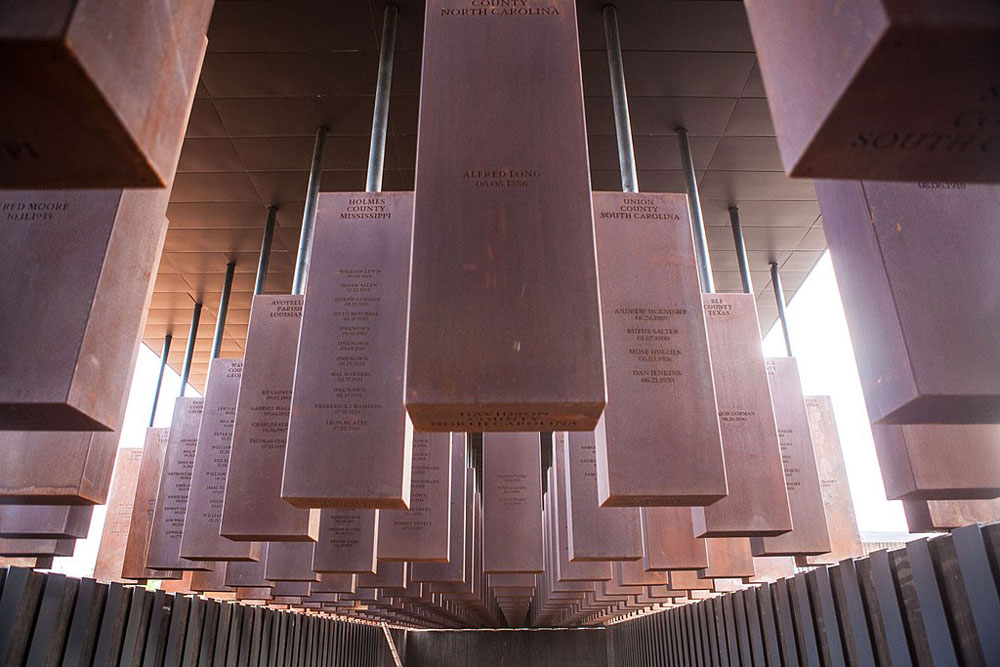
October 5, 2020; New York Times
Last week, the Andrew W. Mellon Foundation announced a five-year, $250 million investment—the largest project undertaken to date by the arts and humanities philanthropy—aimed at redefining the landscape of public monuments, memorials, and “storytelling spaces,” reports the New York Times. An announcement on the foundation’s website notes the urgency at this moment in US history “to recalibrate the assumed center of our national narratives.”
Indigenous Peoples’ Day is perhaps the perfect date in this year of historic upheaval to reflect on the importance of recalibration, in terms of commemorative spaces, as well as other facets of our multilayered cultural histories. In explaining the Monuments Project, the Mellon Foundation observes, “Statues are not just bodies in bronze, and monuments are not just stone pillars. They instruct. They lift up the stories of those who are seen, dominate the stories of those who are unseen, and too often propagate menacingly incomplete accounts of our country’s past.”
Since 2018, Mellon has granted $25 million in support of commemorative spaces, including the National Museum for Peace and Justice in Montgomery, Alabama, which honors the memory of the more than 4,000 victims of lynching, and a planned monument in New York City’s Central Park honoring an African-American abolitionist family. The foundation recently revised its mission to emphasize the social justice impact of its grantmaking programs.
Sign up for our free newsletter
Subscribe to the NPQ newsletter to have our top stories delivered directly to your inbox.
By signing up, you agree to our privacy policy and terms of use, and to receive messages from NPQ and our partners.
While this category of investment is not new for Mellon, events in recent years—and most emphatically the national uprising in response to anti-Black racism in 2020—have focused national attention on public art that elevates stories of conquerors, oppressors, and Confederate generals, often to the exclusion of those on the receiving end of lopsided accounts of US history. What has been memorialized has, in some ways, been legitimized. Errors of both commission and omission in public memorials warrant serious national and local attention.
Last month, Mellon Foundation president Elizabeth Alexander hosted a virtual conversation with three expert panelists on the topic of “The Power of Monuments and Memorials.” Separately, the University of Pennsylvania’s Arthur Ross Gallery convened a virtual panel on the topic of “Monuments and Social Justice,” and how the built environment impacts collective memory.
The Monuments Project has already awarded its first grant—$4 million over three years to Philadelphia-based nonprofit Monument Lab, a public art and history studio established in 2012 to advance “critical conversations around the past, present, and future of monuments.” This grant will support what Mellon calls “a definitive audit of the existing national monument landscape” across the United States. Monument Lab already has strong ties with artists, activists, and community leaders in many cities.
The Monuments Project will not make recommendations about specific statues or memorials that ought to be re-imagined or removed, or about new ones that might be installed. The baseline audit will help Mellon make informed decisions about the grant proposals received under the initiative. But it will be up to local communities to determine how best to identify which stories and people belong on 21st-century pedestals or in other commemorative spaces.—Eileen Cunniffe
